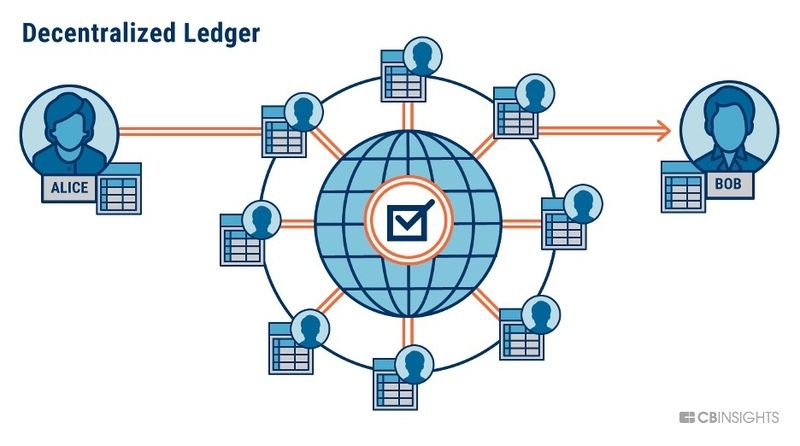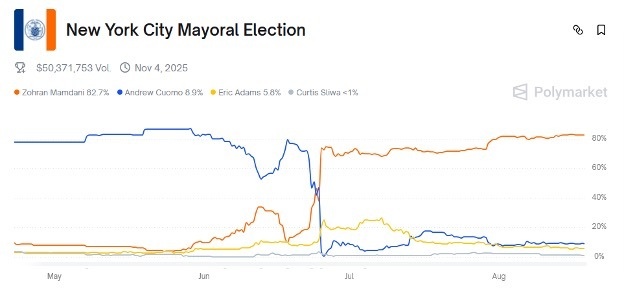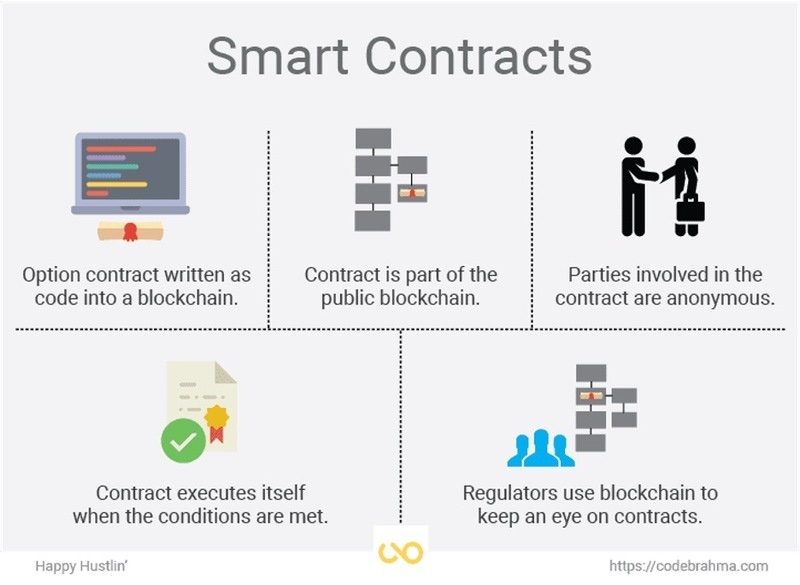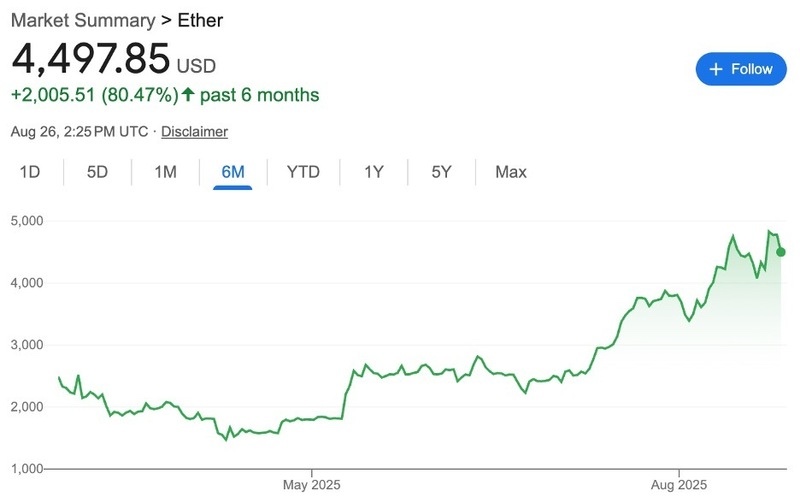Beyond Digital Gold: Why Ethereum Just Became Crypto's Cash Cow  | | Robert Ross
Speculative Assets Specialist | The biggest story in crypto right now isn't Bitcoin hitting new highs. It's the rise of Ethereum (ETH). I've been invested in Ethereum since 2017. In fact, it was the second chapter in my 2022 book A Beginner's Guide to High Risk, High Reward Investing. Back then, I described it as the "decentralized operating system" for crypto. That's still the best way to think about it. If Bitcoin is "digital gold" - a store of value that investors hold as a hedge against inflation and currency debasement - then Ethereum is digital infrastructure. It's the plumbing, the foundation, the platform on which much of the crypto economy is being built. And it's quietly becoming a cash cow. What Ethereum Actually Does Ethereum is a blockchain. It's a distributed ledger that records transactions. But unlike Bitcoin, which is built for one main purpose (securely transferring and storing value), Ethereum is fully programmable. Developers can build applications directly on top of it. These apps range from decentralized finance (think lending, borrowing, and trading without banks) to NFTs, gaming, supply chain tracking, and even identity verification. 
View larger image Even predictions market Polymarket is built on top of the Ethereum blockchain. The "smart contract" is the key innovation here. The Birth of the "Smart Contract" A smart contract is code that automatically executes when certain conditions are met. No middleman, no paperwork, no trusted third party - just software enforcing agreements. Here's an example... Say someone wants to bet against Zohran Mamdani becoming the mayor of New York. Mamdani currently has an 83% chance of winning, according to Polymarket. 
View larger image Here's how the trade would work... - On Polymarket, outcomes are represented by shares priced between $0 and $1.
- If an event happens, winning shares pay out at $1. If it doesn't, they go to $0.
- Mamdani "Yes" shares are trading around $0.83. That means the market is implying an 83% chance he wins.
- "No" shares cost about $0.17 - nearly a 5x return if he loses.
- If he wins, "No" shares expire worthless.
Every step of that process - buying, holding, and settling the trade - is handled automatically by Ethereum smart contracts. No bookmaker holding your money. No middleman deciding payouts. The code does the work, enforcing the rules exactly as written. Ethereum's Greatest Innovation Once you understand how a Polymarket bet functions, you can see how the same structure applies everywhere. In finance, investors can hedge risk by creating contracts on future interest rate moves, inflation data, or Fed policy decisions - without needing Wall Street banks. In the insurance industry, farmers could buy smart contracts that automatically pay them if rainfall drops below a certain level during planting season. No adjusters, no claims process - just instant settlement. Companies can even lock in supply chain guarantees where payment triggers only once goods are delivered, logged, and verified on the blockchain. 
View larger image That's why Ethereum is so powerful. It doesn't just enable speculative bets - it provides the rails for any agreement that can be reduced to "if X, then Y." Polymarket is just one eye-catching example. But the same underlying technology is being tested in energy markets, logistics, real estate, and healthcare. And every time someone uses a smart contract - whether to speculate on an election or to insure a crop - it ultimately drives demand for Ethereum. And this is exactly how Ethereum makes money. Ethereum Is a Cash Cow Every time someone makes a transaction or runs a smart contract on the network, they pay a fee in ETH. These fees are called "gas." Think of it like a toll road. Every car (or in this case, every transaction) has to pay a toll to drive on the highway. The busier the road, the higher the tolls. Here's the twist: part of these fees are burned (destroyed), reducing the overall supply of ETH. Meanwhile, Ethereum pays rewards to those who stake their ETH to help secure the network. This combination of burning supply and staking rewards means ETH has a built-in economic system that, under heavy usage, can make the asset deflationary - in other words, supply actually shrinks over time. That's a stark contrast to traditional currencies like the U.S. dollar, which central banks constantly inflate. Why Ethereum Is Rallying Now Ethereum has tripled off the April lows, delivering a 200% rally that has impressed even long-time bulls. Three catalysts are driving the surge... - Spot Ethereum ETFs gaining traction.
- Network upgrades improving efficiency.
- Accelerating adoption across DeFi and smart contracts.

View larger image But remember is Ethereum isn't just a coin - it's a platform. Every new decentralized application, every NFT, every DeFi protocol built on Ethereum ultimately increases demand for ETH. More usage means more transactions, more fees, more ETH burned and more value funneled back into the system. For investors new to crypto, Ethereum offers something different from Bitcoin. While Bitcoin's story is about scarcity and security, Ethereum's story is about utility and growth. It's a bet on the future of decentralized technology. Even after a 200% rally, I remain bullish. Ethereum isn't just digital gold. It's digital infrastructure - and the world is just beginning to build on top of it. Stay safe out there, Robert Want more content like this? | | | | | |
No comments:
Post a Comment